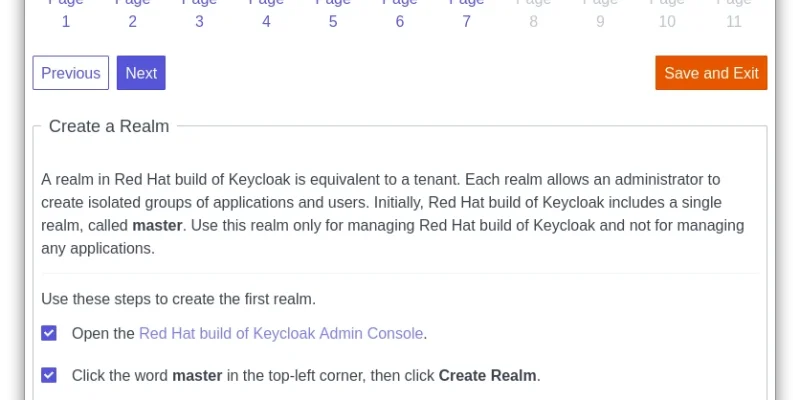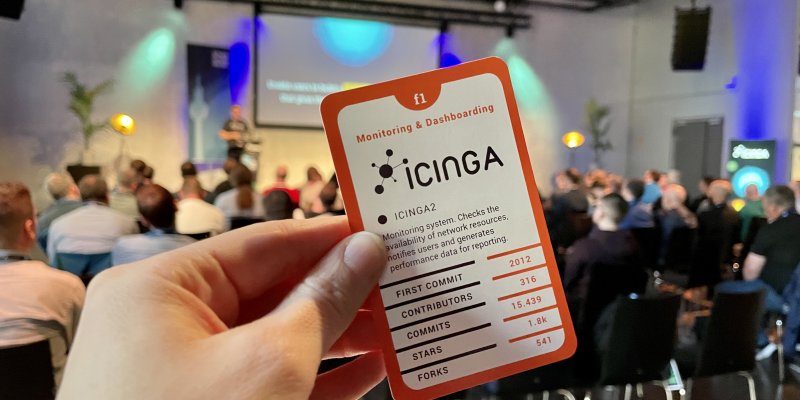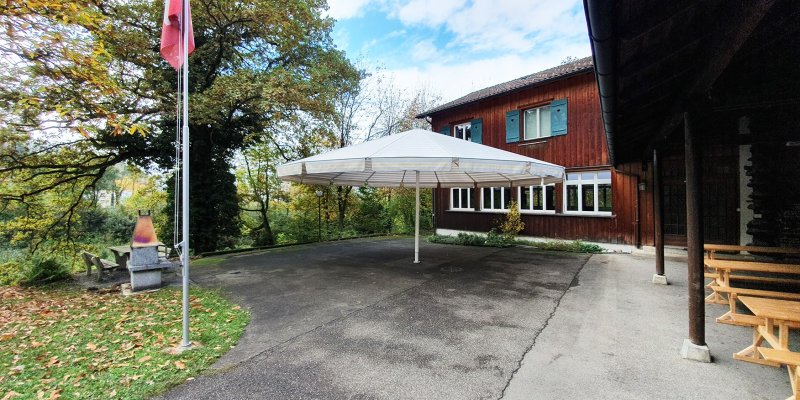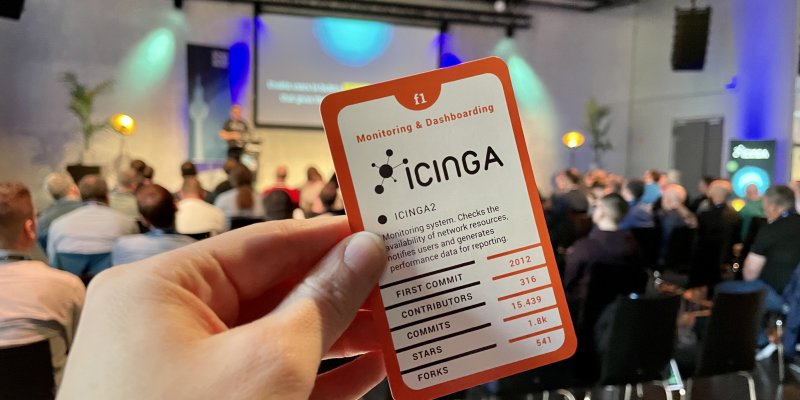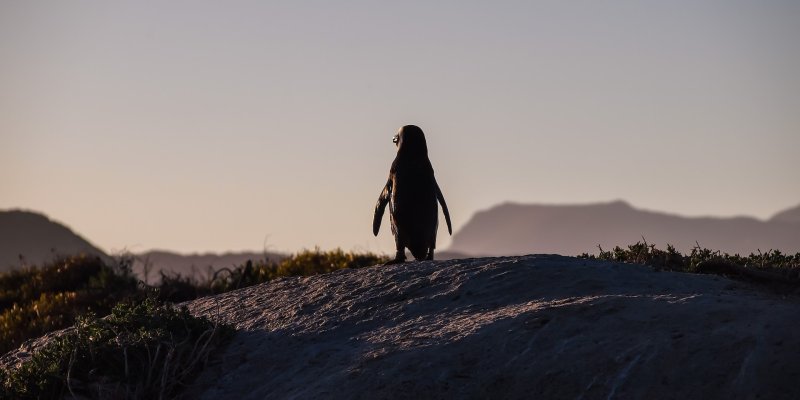utr is a CLI tool for UptimeRobot. Unlike other tools, it enables you to manage monitors, maintenance windows, alert contacts and status pages based on status, in a manner similar to Ansible. The desired configuration is defined in YAML files, and utr ensures that the actual state automatically corresponds to the desired state in an idempotent manner.
ChecklistFabrik ("clf") helps to standardise processes and to-do lists in teams and organisations and to answer questions such as "What needs to be done next?" or "Where am I in the process?". All you need is a YAML file that defines the workflow as a checklist, Python to run ChecklistFabrik, and a browser to display the interactive HTML checklist generated by clf.
Our Nextcloud for Individual Use is now also available with 1000 GB storage space.
Graylog 6.0 is available. Under the hood, the new version requires the following software components:
- OpenSearch 1.1.x to 2.13.x (alternatively and unchanged: Elasticsearch 7.10.2)
- MongoDB 5.0.7 to 7.x
The characters \ / : ? * " < > | as well as leading and trailing spaces in file and directory names are generally problematic and cannot be used at all on some systems, e.g. the question mark on Windows.
Let's Encrypt issues RSA certificates through two CA chains: the ISRG Root X1 chain and the ISRG Root X1 chain cross-signed by IdenTrust's vDST Root CA X3. The cross-signed chain ensures a high level of trust in Let's Encrypt certificates from the start.
It was time again for a new website with a fundamental change in technology: Instead of WordPress, we now use Grav to bring content (maintained in the editor via Markdown) online with a CI/CD pipeline. Finally. 😉
Our Open Source Quartet is back, now for 2024 – with new cards.
In a small but nice setting our "Linuxfabrik Partner Event 2023" ended on 05.09.2023. Our customers and partners were invited.
This year we have been elected Contribution Tinkerer by the Icinga community with our Linuxfabrik monitoring plugins. You can find the details here. Thank you! 🙂
The Linuxfabrik has entered into a new business partnership with Graylog GmbH. Graylog Enterprise is the industry standard for IT Logging & Security and as a Graylog partner we offer all subscriptions that fit your environment.
For customers using Icinga for infrastructure monitoring: Icinga GmbH changed its business model a few weeks ago and put rpm packages for RHEL 8+, Amazon Linux and Suse Linux based operating systems behind a paywall. Access to the update repositories is now only available with an Icinga Repository Subscription. A paid Icinga Repository Subscription is required for 20 VMs or more, until then a free Developer Subscription is sufficient.
GNU/Linux.ch is a team of volunteer writers and podcasters who write and talk about GNU/Linux and everything related to it.
This time we came up with a little surprise for the end of the year: The Open Source Quartet – if it were advertised, it would surely be a great quartet game with wonderful logos for absolute open source fans.
We hinted at it earlier this year, but now it is official: we are moving our hosting infrastructure, and with it our customers' virtual datacenters, to the cloud. How did this come about? What exactly does it mean?
Anyone who has an account on GitHub can now support us there via the GitHub Sponsors program with one-time or monthly payment amounts. GitHub Sponsors is currently still in beta and does not charge any fees – after that, 90% of the amount still reaches us.
As you know, our software developments are all open source (FOSS) and released under the Unlicense, but were previously hosted on our self-hosted GitLab server. While the idea of running our own GitLab server was initially appealing, it also has serious drawbacks in terms of FOSS.
The default Keycloak distribution is now based on Quarkus, which brings a number of breaking changes configuring Keycloak and deploying custom providers. The new distribution tends to be faster, leaner, and easier to configure.
Now our blog is also WordPress-based: For almost 18 months we maintained our blog via RST, and finally https://blog.linuxfabrik.ch has moved to https://www.linuxfabrik.ch/blog.
Rocket.Chat 4.0 wird am 27. September 2021 erscheinen und dann strikt in eine Community- und eine Enterprise-Edition getrennt. In der Community-Edition werden seit langem bestehende Funktionen wegfallen, die dann nur noch in der Enterprise-Edition zu haben sind.
CentOS entwickelt sich von einer verbraucherorientierten Distribution (Downstream von RHEL) zu einer Contributor-orientierten Distribution (Upstream von RHEL).
Unser LFS-Artikel ist übersetzt und das Titelthema des amerikanischen Linux-Magazins Nummer 251: Cover Theme – Linux From Scratch.

